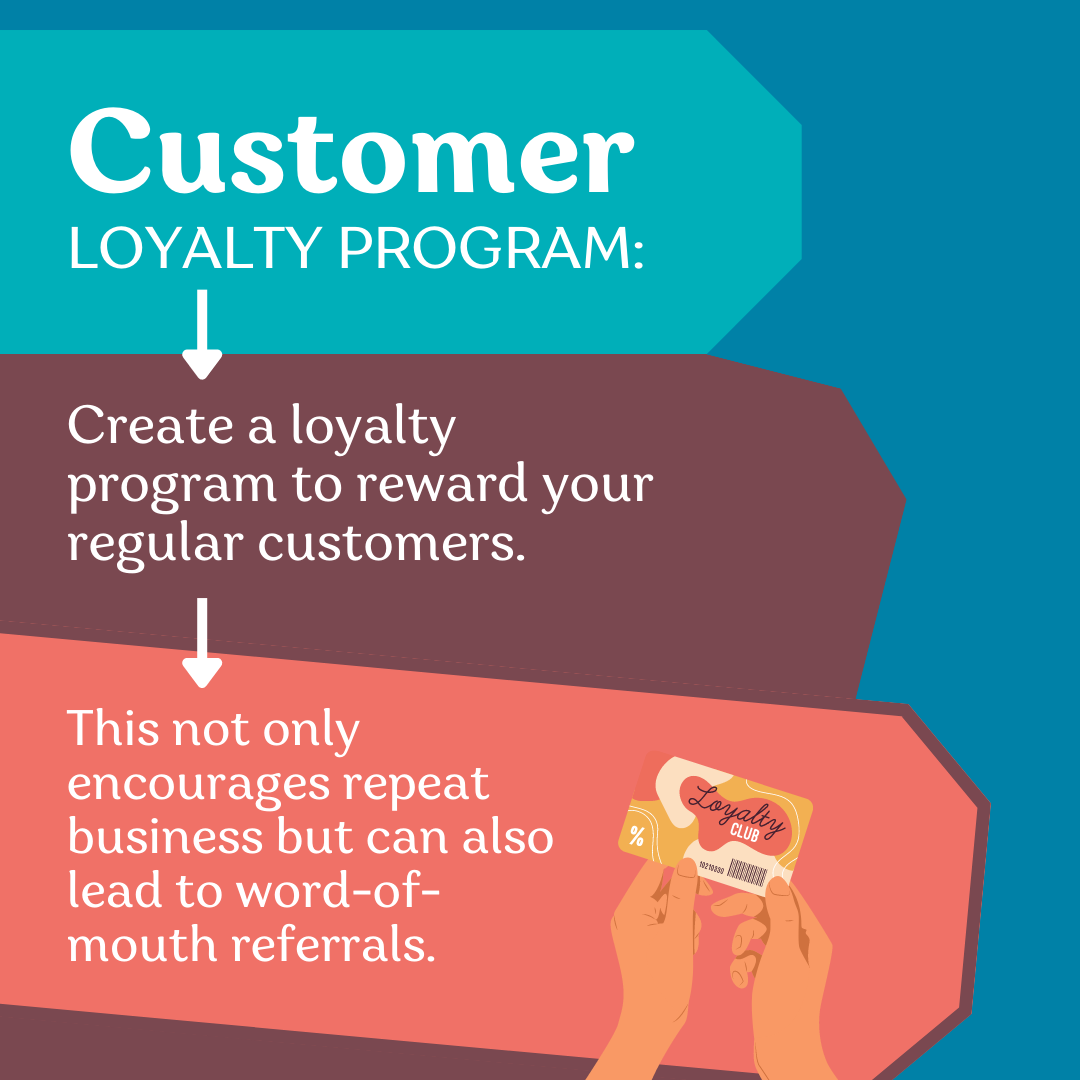
Table Of Contents
Data Security in SaaS
Data security is a critical aspect of software-as-a-service (SaaS) operations. A SaaS person working in data security must ensure that sensitive information stored in cloud-based systems remains protected from unauthorized access or breaches. This responsibility requires a comprehensive understanding of encryption protocols, access controls, and compliance requirements to maintain the integrity and confidentiality of data.
Moreover, data security in SaaS involves implementing robust measures to prevent data loss, cyber attacks, and other security threats. Proactive monitoring, regular security audits, and swift response to any security incidents are essential components of maintaining a secure SaaS environment. Being proactive and vigilant in addressing potential vulnerabilities helps to build a resilient security posture that enhances the overall reliability and trustworthiness of SaaS offerings.
Ensuring the protection of sensitive information in cloud based systems
Ensuring the protection of sensitive information in cloud-based systems is a crucial aspect of the responsibilities handled by a SaaS person based in Canada. With the ever-growing threats to data security, the role of safeguarding confidential data has become paramount. A SaaS Marketer focuses on implementing robust security measures to prevent unauthorized access to sensitive information stored in cloud-based systems. This involves employing encryption techniques, implementing strict access controls, and regularly monitoring for any potential security breaches.
Moreover, in the Canadian context, compliance with data protection regulations such as PIPEDA (Personal Information Protection and Electronic Documents Act) is essential for SaaS professionals. Adhering to these regulations ensures that customer data is handled in a lawful and transparent manner. Thus, a SaaS person operating in Toronto, must stay updated on the evolving landscape of data security and privacy laws to effectively protect sensitive information and maintain the trust of clients and users.
SaaS Pricing Models
Software-as-a-Service (SaaS) pricing models play a crucial role in the success and sustainability of SaaS businesses. A SaaS Marketer imust carefully consider the different approaches to pricing their offerings to attract and retain customers. One common strategy is the subscription-based model, where customers pay a recurring fee for access to the software. This model provides a predictable revenue stream for the SaaS provider and allows customers to budget effectively for the service.
Another popular pricing model is the usage-based or pay-as-you-go approach. This model charges customers based on their actual usage of the software, giving them the flexibility to scale their usage up or down as needed. A SaaS Marketer may opt for this model to appeal to customers who prefer to pay only for what they use. Additionally, some SaaS companies offer a freemium model, where basic features are provided for free, but customers can choose to pay for additional premium features. This model allows customers to try out the software before committing to a paid plan, making it an effective strategy for customer acquisition.
Different approaches to pricing software as a service offerings
Software-as-a-Service (SaaS) pricing models can vary significantly, offering businesses flexibility in selecting options that best suit their needs. One common approach is the tiered pricing model, where customers choose from different packages based on the level of features or services they desire. This allows for scalability and customization according to the client's requirements. Another approach is the usage-based pricing model, where customers pay based on their actual usage of the software. This method is beneficial for businesses with fluctuating needs and can be cost-effective for those who do not require constant access to all features.
In the vibrant tech hub of Corktown, Toronto, SaaS Marketers are innovating new pricing strategies to stay competitive in the dynamic market. One such strategy is the freemium model, where basic services are offered for free, with premium features available at a cost. This attracts a wide range of users and allows for upselling to those looking for additional features. Additionally, the value-based pricing model is gaining popularity, where pricing is based on the perceived value of the software to the customer rather than its costs. By understanding the diverse needs of businesses and adopting innovative pricing strategies, SaaS Marketers are reshaping the landscape of software pricing in the region.
SaaS Trends in Canada
SaaS Trends in Canada
The Canadian SaaS market is witnessing significant growth, with more businesses opting for cloud-based solutions to streamline their operations. From small startups in Vancouver to established enterprises in Montreal, the adoption of SaaS tools is on the rise. Companies are recognizing the benefits of scalability, flexibility, and cost-effectiveness that SaaS offers. In response to this trend, SaaS providers are customizing their offerings to cater to the unique needs of Canadian businesses.
SaaS Marketer in Corktown, Toronto, notes that data security and compliance are top priorities for Canadian businesses when adopting SaaS solutions. With stringent regulations in place, such as the Personal Information Protection and Electronic Documents Act (PIPEDA), companies are vigilant about ensuring the protection of sensitive information in the cloud. As a result, SaaS providers are investing in robust security measures to build trust and credibility with their Canadian clientele.
Current developments and future outlook in the Canadian SaaS market
The Canadian SaaS market is witnessing a surge in growth and innovation, with companies adapting to the demands of the digital economy. With an increasing number of businesses shifting towards cloud-based solutions, the role of a SaaS Marketer in Corktown, Toronto has become pivotal in driving market penetration and customer engagement. As organizations prioritize scalability and flexibility in their operations, SaaS providers in Canada are focusing on enhancing user experiences and developing personalized solutions to meet the evolving needs of consumers.
Furthermore, the future outlook for the Canadian SaaS market remains promising, as the industry continues to expand and diversify. As more businesses recognize the benefits of subscription-based software services, SaaS providers are expected to witness a rise in demand for their products and services. With advancements in technology and the emergence of new trends, such as artificial intelligence and machine learning, the SaaS landscape in Canada is poised for substantial growth in the coming years.
FAQS
What is a SaaS person responsible for?
A SaaS person is responsible for managing and maintaining software-as-a-service applications, ensuring they are running smoothly and meeting the needs of users.
What skills are required to become a SaaS person?
To become a SaaS person, one needs to have a strong understanding of cloud computing, software development, and data security. Excellent problem-solving and communication skills are also essential.
How does a SaaS person ensure data security in cloud-based systems?
A SaaS person ensures data security in cloud-based systems by implementing encryption, access controls, regular security audits, and staying updated on the latest security threats and best practices.
What are some common tasks performed by a SaaS person?
Common tasks performed by a SaaS person include troubleshooting software issues, collaborating with cross-functional teams, conducting software updates, and providing user support and training.
How can someone pursue a career as a SaaS person in Canada?
To pursue a career as a SaaS person in Canada, one can start by obtaining a degree in computer science or a related field, gaining experience in software development and cloud computing, and staying informed about the latest trends and technologies in the SaaS industry.




